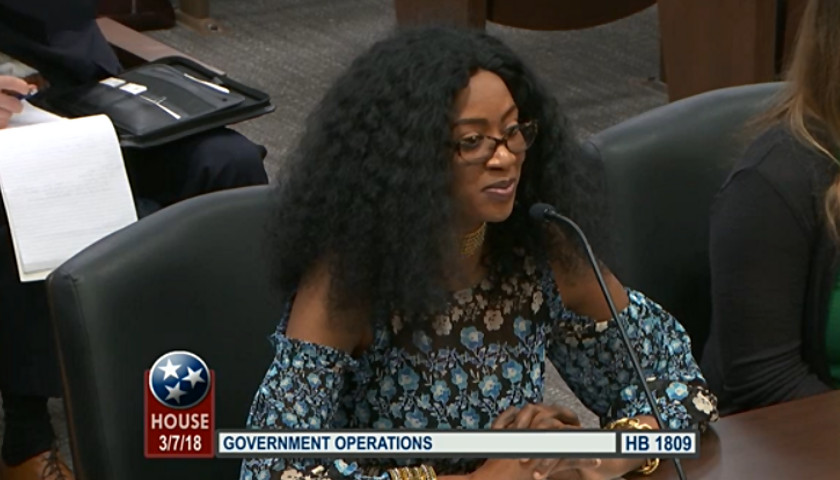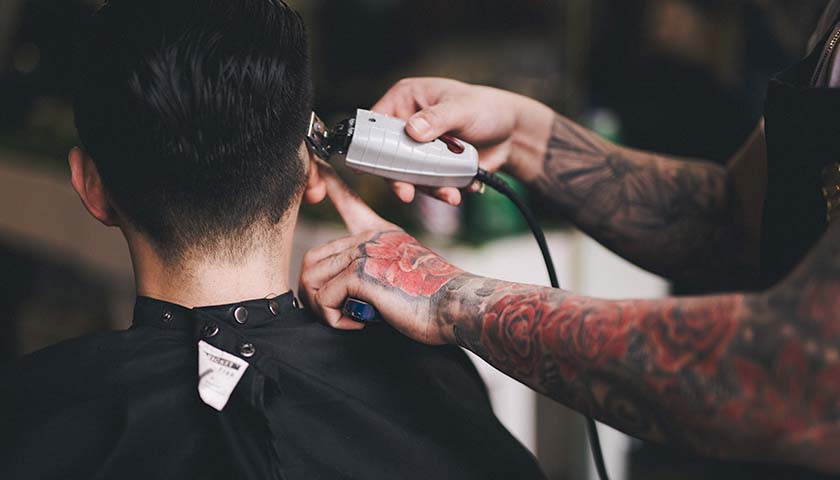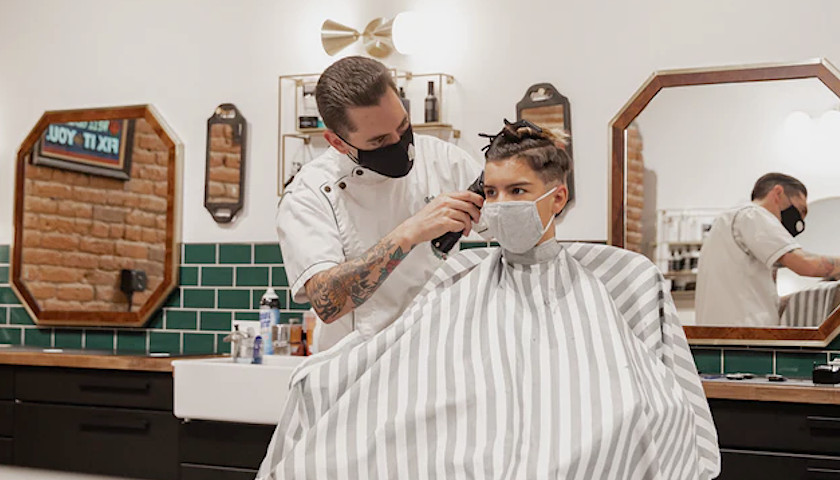Specialized ‘hair braiding’ salons – called ‘natural hair styling’ salons – may soon have reason to celebrate, as legislation sponsored by Rep. David Hawk (R-Greenville) and Sen. Mark Norris (R-Collierville) would eliminate the requirement for stylists to be licensed by the Tennessee Board of Cosmetology and Barber Examiners in order to ply their trade.
So onerous are the license fees and fines, that Forbes.com recently featured the story of professional natural hair styling salon owner Fatou Diouf, who faces $16,000 in fines because she employed hair braiding stylists who did not have the license:
Ever since she was a little girl, Fatou Diouf has been braiding hair. And for almost two decades, Fatou has turned that tradition into a vocation by working professionally as a licensed natural hair stylist in Tennessee.
“I never did any other job but hair braiding my whole life,” she said. “I cannot recall a time when I did not know how.”
But in recent years, Tennessee has forced Fatou to pay a staggering $16,000 in fines, simply because she employed workers who did not have a government license to braid hair. Nor is she alone. After examining meeting minutes and disciplinary actions for the Tennessee Board of Cosmetology and Barber Examiners, the Institute for Justice has identified nearly $100,000 in fines levied against dozens of braiders and more than 30 different natural hair shops and salons since 2009. All of those violations were for unlicensed braiding; none were triggered by any health or sanitation violation.
Typically, the Board will issue a $1,000 “civil penalty” for every instance of “performing natural hair care services for clients without a license” it encounters. In addition to fining braiders who work out of their homes or unlicensed salons, the Board has targeted licensed shops, like Fatou’s.
“Fatou’s story is one more example of how these licensing laws have become more about protecting an industry than the public and has led to barriers for people to become employed. The Beacon Center listed hair braiding as one of the licenses in most need of reform in our recently released Dirty Dozen report and we will continue to fight for better policies that will empower Tennesseans.”
While the bill seeks to reduce many aspects of barbering, hairstyling, cosmetic examination and licensure, the portion of the summary referring to natural hair styling reads:
Present law requires that a person be licensed in order to engage in natural hair styling as a trade. “Natural hair styling” is techniques that result in tension on hair strands such as twisting, wrapping, weaving, extending, locking or braiding of the hair by hand or mechanical appliances, which work does not include the application of dyes, reactive chemicals or other preparations to alter the color or to straighten, curl or alter the structure of the hair. In order to obtain a natural hair styling license, an applicant must pay a nonrefundable, nontransferable application/examination fee, be at least 16 years of age, and complete and pass a course of instruction at least 300 hours in the practice and theory of natural hair styling at a school of cosmetology.
This bill deletes the licensure requirement for natural hair styling services.
(emphasis added)
Fatou Diouf was among those who spoke out in support of the measure in the General Operations Committee (see video at 16:49min below). The next stop for this bill is the Senate Commerce and Labor Committee, where it is scheduled to be heard on Tuesday, March 20.






[…] situation is another example of how state licensing laws have become more about protecting an industry than the public […]
[…] situation is another example of how state licensing laws have become more about protecting an industry than the public […]